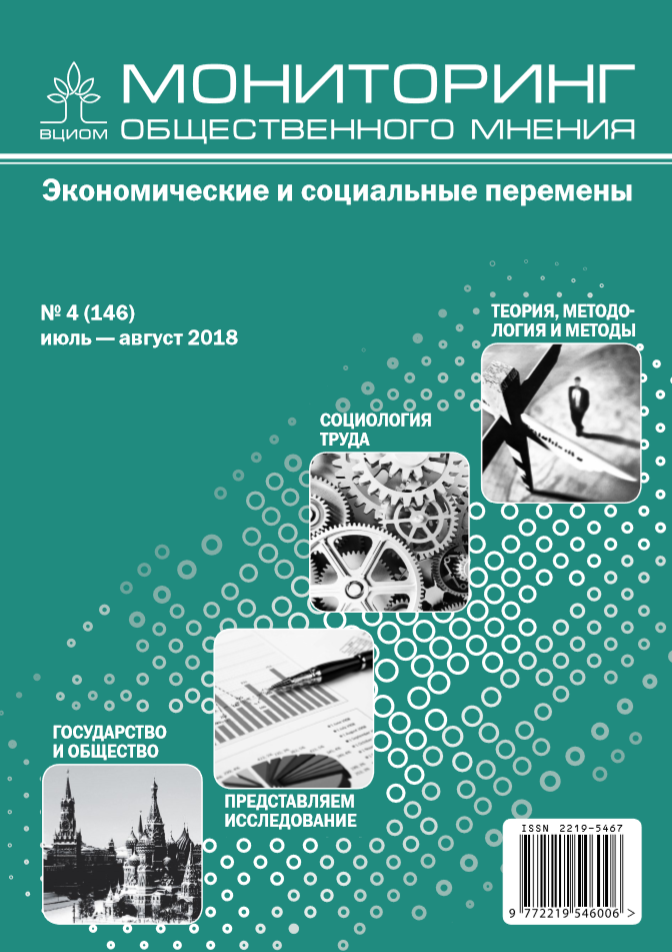To whom does the agenda belong? Review of issue ownership theory
DOI:
https://doi.org/10.14515/monitoring.2018.4.07Keywords:
issue ownership, agenda, elections, electoral behavior, party rating, media, public opinionAbstract
The article systematizes the main provisions of issue ownership theory. This theory states that politicians and parties closely associated with the most topical issues and perceived by the public as capable of solving the problems receive greater public support. This theory has gained popularity in recent years. However, researchers still disagree over the definition of issue ownership and its measurement. The stability of the phenomenon over time as well as its applications not only to political parties but for individual politicians is still under discussion. Researchers distinguish two types of issue ownership: competence (confidence in the ability of a political actor to solve problem) and associative ownership (spontaneous identification of a political actor with an issue). Each of these «forms of ownership» is measured using various questions. This makes it more difficult to compare research results through the lens of this theory. Issue ownership plays a significant role in the political struggle and can contribute to the victory of the candidate (or party) in elections. This situation stimulates politicians to «capture» the most advantageous issues. However, political actors have unequal opportunities for that. The advantage is enjoyed by parties currently in power. In addition, the effect of issue ownership can be different for the authorities and the opposition. The opposition benefits from the media attention to the opposition-related issues but does not lose significantly due to active discussion of the issues that the ruling party owns. Meanwhile, the ruling parties lose their votes when the news media cover the issues owned by the opposition and do not gain much from the attention to the issues they own.






